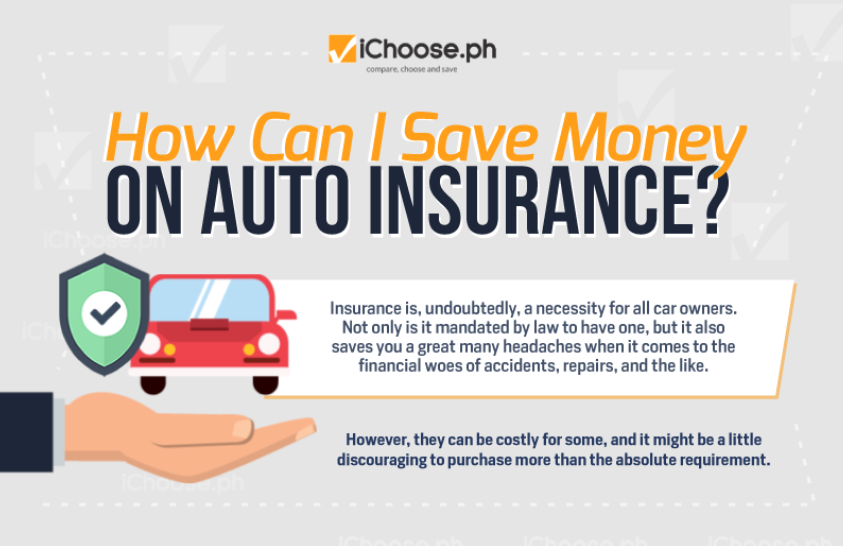10 Common Auto Insurance Terms Every Car Owner Should Know
Availing auto insurance is considered to be one of the classic staples of owning a vehicle. Aside from being a responsible driver, you must also ensure that you are financially covered in case something unexpected happens such as accidents. In other words, auto insurance provides you peace of mind and lessens your anxieties when hitting the road.
When looking for a suitable auto insurance provider, you will have to prepare yourself as you’re more likely to spend some time discussing a lot of things with them. Knowing about the coverage of your policy is essential because it saves you from a great deal of trouble once you made a claim. But what if you don’t have any idea on some terms that auto insurance providers normally use? Understanding the contents of your insurance policy can be tough, so we defined several of the most common auto insurance policy terms for you:
- Comprehensive Car Insurance Cover
A type of insurance coverage that contains various benefits that are not related to collision incidents. These can range from theft, and other damages that can be sustained from the following:
- Fire
- Natural disasters (like typhoons, earthquakes, tornadoes, etc.)
- Damages made by animals
- Vandalism
- Civil disturbance (such as riots that left your car in ruins)
Take note that comprehensive insurance is usually limited and will not cover other cases like collision-related damages, as well as your medical expenses.
- CTPL (Compulsory Third Party Liability)
While comprehensive car insurance can be availed by personal choice, some countries like the Philippines have mandated policies that require every car owner to purchase the basic and most affordable auto insurance coverage, the CTPL or Compulsory Third Party Liability.
CTPL can cover the medical expenses and property damages of the third party involved in an accident in case that you are the one at fault.
- NCB (No Claim Bonus)
Some auto insurance companies will offer you an NCB or no claim bonus once you wanted to renew your insurance and you never claimed one for a certain amount of time. The bonus described is usually a discount and can be even sometimes be transferred to other car insurance providers.
- Endorsement
If there’s anything you wanted to change to your existing car insurance policy, that means you’re requesting an endorsement. Such changes may include information regarding your car, your contact data, etc.
- Policy Term
How long your insurance policy can last is called a policy term. The specific length of time of validity may vary on your chosen auto insurance provider.
- IDV (Insured Declared Value)
IDV refers to the price of your car in the market based on your auto insurance company. Insured declared value plays a key role in calculating your premium.
- Premium
It is the amount that you pay regularly to your auto insurance policy, in turn of having the coverage.
- Indemnity
The main purpose of auto insurance policy, indemnity describes the consent of the company to make sure that in the event of any damage or loss sustained from the vehicle, the person involved will end up in the same financial situation before it happened.
- Deductibles
The deductible is the agreed amount that you need to pay for any repairs before your insurance provider can cover the rest.
- Exclusions
These are risks that are not specifically covered by your auto insurance provider such as what you have to pay in case of wear and tear of tires and getting caught from traffic violations like drunk driving and driving without a license.
More useful reads from iChoose.ph






